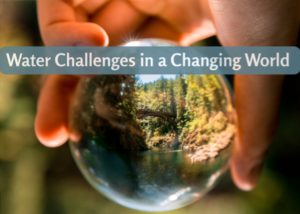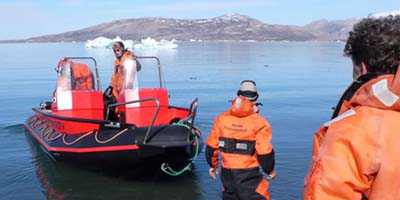
Who We Are

Established in 2017, the Birmingham Water Centre (BWC) was formed to combine the efforts of researchers across the University of Birmingham Campus and to integrate water-related research across the institution in a joint-up approach of investigating water quantity and quality challenges together.
The Birmingham Water Centre is closely aligned with the five work streams (Water Technologies, Water and Health, Water Resources under Change, Water Pollution and Water Justice and Socioeconomic Consequences) of the Institute of Global Innovation inaugural theme on Water Challenges in a Changing World that integrate the water-related research across all UoB colleges to improve the preparedness and resilience of socio-economic and environmental systems to globally increasing water challenges (such as drought, flood, water pollution), water-related public and environmental health; and the governance of water to increase security and reduce conflict.
What We Do
The complexity of today’s global water challenges requires interdisciplinary collaboration and transformative approaches across subject boundaries, integrating core-strengths of the physical and environmental sciences, engineering, medical research, arts and humanities, including economics, law and social sciences. Crossing traditional disciplinary boundaries, the Water Council pioneers therefore aims to pioneer and facilitate the development of new research avenues by:
- Stimulating interdisciplinary research tackling global challenges and development goals
- Aligning cross-campus water research and enhance synergies between colleges and with local, regional and (inter)national partners
- Facilitating industry – research partnerships, regionally, in the UK, and globally
- Shaping (inter)national research strategies in water related fields nationally and internationally
- Enhancing interdisciplinary in cross-college delivery of water education

Our Mission
The Water Challenges theme is addressing globally relevant water resource and quality challenges relating to the serious threats to water systems around the world, one of the United Nation’s Sustainable Development goals. Our researchers are pioneering a multidisciplinary approach that builds on the success of the University’s virtual Birmingham Water Council, created in 2017 to integrate water-related research across the institution in a joint-up approach of investigating water quantity and quality challenges together.
Our theme is addressing relationships between people, society and the environment; focusing on improving understanding of the complex interactions between those elements to allow better resilience and preparation for potential crises in water supply and enables water resources to be managed more sustainably.
Our Impact

The research generated has been used by water managers to support decisions regarding adaptation to climate change and to manage contamination and water quality problems, It also serve as an inputs for business and governmental organizations to inform on how to prepare and reduce the impact of future flood event. It also informs policymakers on how to improve global greenhouse gas estimates by incorporating emissions from surface waters and freshwater sediments.